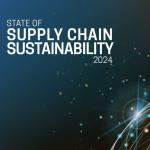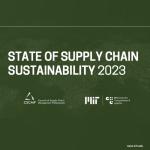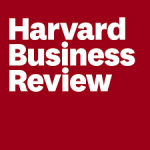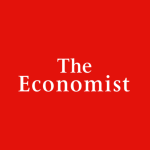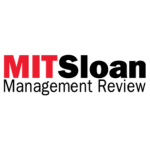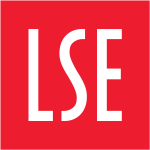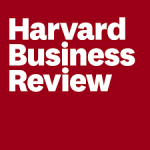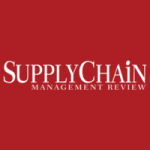September 07, 2022 • In the Media
Recently, the notion that investment funds do good in the world by using their considerable influence to steer the for-profit firms that they invest in towards helping combat societal ills came under new and severe criticism. The attorney general of Arizona, along with attorneys-general from 18 other states, wrote an open letter to BlackRock, the world’s largest asset manager, suggesting that its reliance on environmental, social and governance (ESG) criteria in its investment decisions puts the funds that they manage for their clients (including many state employee retirement funds) at unnecessary risk. The “Wall Street Journal” editorial board co-signed to this position in an I-told-you-so-style editorial titled, “The ESG investing backlash has arrived.” Florida governor, and potential Republican presidential candidate, Ron DeSantis even publicly presented new legislation that would prohibit Florida’s state fund managers from considering ESG information when investing state money. For three years now, the MIT Center for Transportation & Logistics and the Council for Supply Chain Management Professionals have conducted an annual survey of global supply chain managers regarding their firms’ sustainability efforts. From what we see in the research, what critics of ESG investing get right is that (1) investors are a leading driver of pressure on firms to improve their sustainability, and (2) that ‘sustainability’ means very different things to different people.

